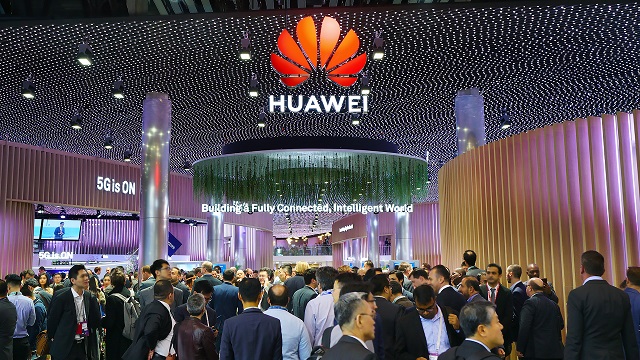Huawei has revealed royalty rates for the use of its 5G smartphone technology for the first time, in an effort to increase transparency, Reuters reported.

The company was put on an export blacklist by former U.S. President Donald Trump in 2019 and barred from accessing critical technology of U.S. origin, affecting its ability to design its own chips and source components from outside vendors.
UK has also banned 5G network equipment from Huawei.
Huawei is looking to showcase its own research achievements, with the company expecting to receive around $1.3 billion in revenue from patent licensing between 2019 and 2021, according to its head of IP, Jason Ding.
For every 5G smartphone that uses Huawei’s 5G technology, the company will receive up to $2.5 in royalties, Ding said. Research firm IDC expects 5G smartphone shipments to account for more than 40 percent of global volume in 2021 and grow to 69 percent in 2025.
Along with rivals Samsung Electronics, Nokia, Ericsson, and chipmaker Qualcomm, Huawei is one of the leaders in 5G patents, although studies about which company is ahead in the race vary.
Huawei achieved positive growth for both 2020 revenue and net profit, the company’s founder and CEO Ren Zhengfei said in February, adding that the company continued to see significant levels of confidence from its customers.
The company’s smartphone business remains under intense pressure due to the U.S. ban. Huawei’s consumer business made up 54.4 percent of the company’s revenues in 2019.
Huawei is expected to reveal full 2020 figures at the end of the month.
Huawei held more than 100,000 active patents in over 40,000 patent families worldwide at the end of 2020, the company said. Its R&D investments totalled 131.7 billion yuan ($20.27 billion) in 2019.
